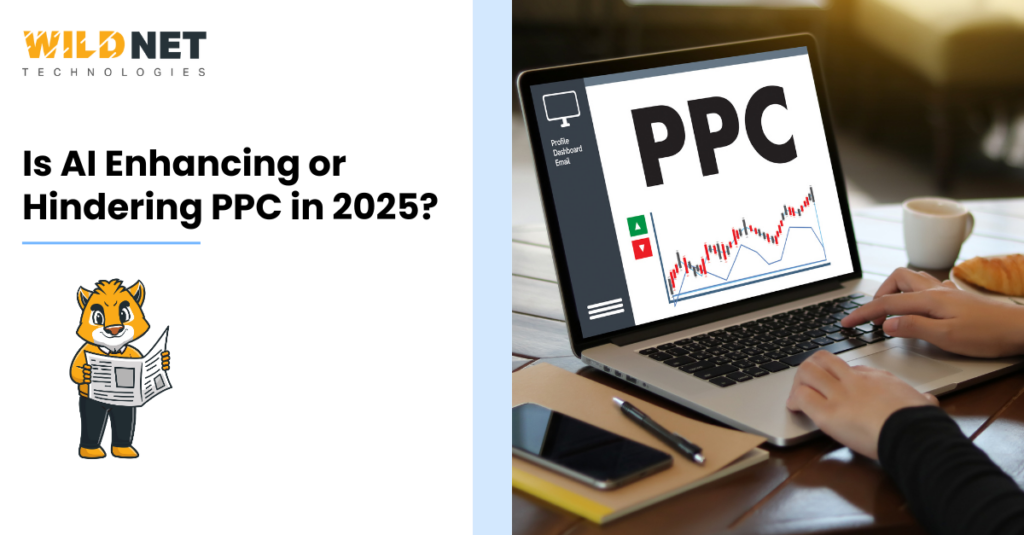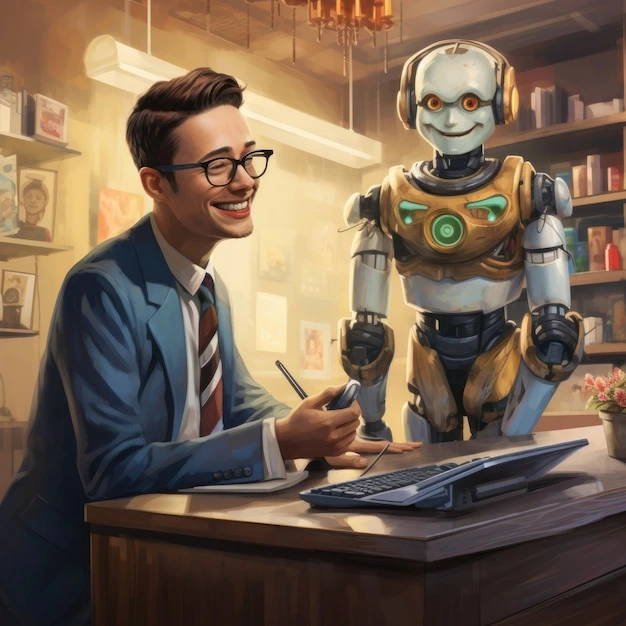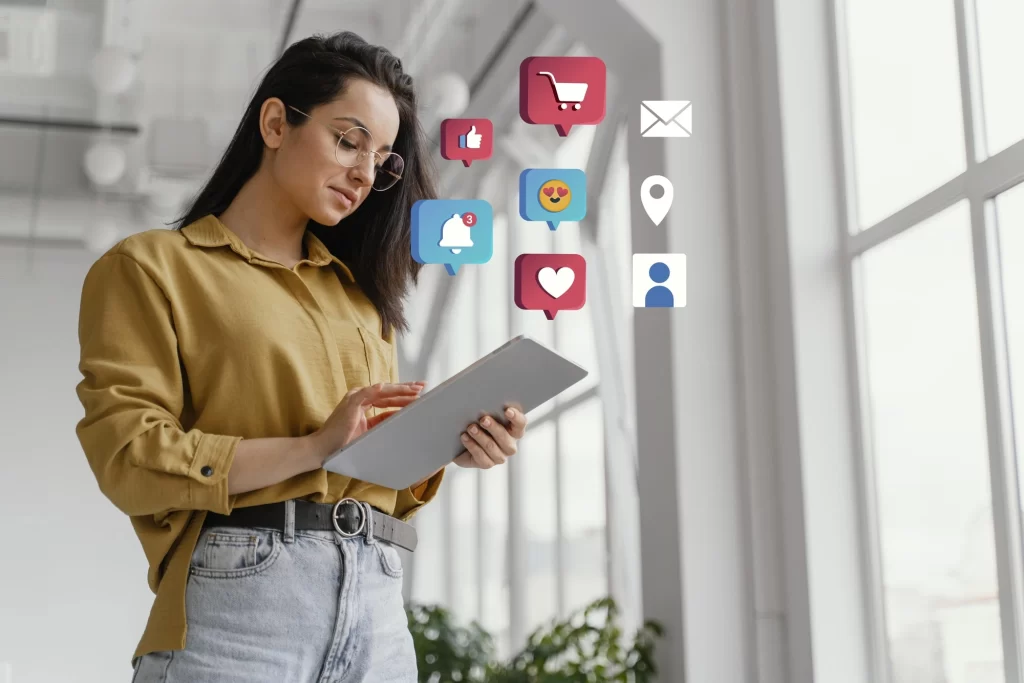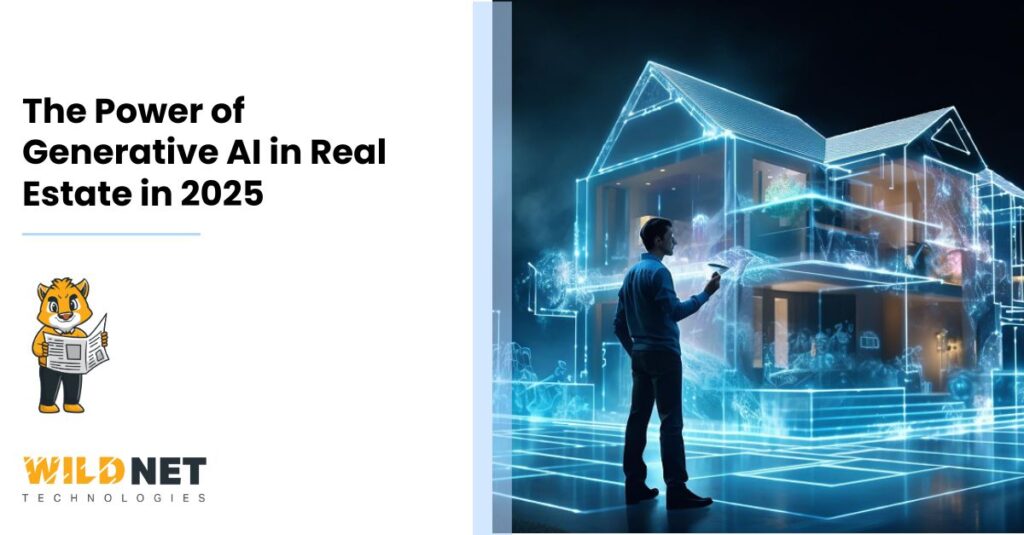Pay-per-click (PPC) advertising has always been dynamic, but as we step into 2025, artificial intelligence (AI) is reshaping it like never before. For PPC marketers, AI promises efficiency, precision, and scale—yet it also raises questions about control, creativity, and job security. On February 25, 2025, we’re diving deep into how AI is transforming PPC 2025, exploring whether it’s making marketers better, worse, or both. Buckle up—this is your guide to navigating the AI-driven PPC landscape this year.
The Rise of AI PPC 2025
AI isn’t new to PPC, but its role in 2025 has reached a tipping point. Platforms like Google Ads and Microsoft Advertising have integrated AI tools—think Smart Bidding, responsive ads, and audience targeting—into their core offerings. These advancements are fueled by machine learning that analyzes vast datasets in real-time, optimizing campaigns faster than any human could. For PPC 2025, campaigns can adapt instantly to user behavior, market trends, and economic shifts.
Take Google’s Performance Max campaigns, for example. In 2025, they’re brighter than ever, leveraging AI to distribute budgets across channels like Search, Display, and YouTube with minimal input. It’s a game-changer for efficiency, but it’s also sparking debate: Is AI empowering PPC marketers or sidelining them?
How AI Makes PPC Marketers Better 2025
Let’s start with the good news—AI is supercharging PPC 2025 in ways that elevate marketer performance. Here’s how:
1. Unmatched Efficiency
Manual bid adjustments and keyword tweaks? Those are fading relics in PPC 2025. AI tools like Google’s Target CPA and Maximize Conversions handle optimizations in seconds, analyzing click patterns and conversion data to allocate budgets where they’ll perform best. For marketers, this frees up hours once spent on mundane tasks, letting them focus on strategy—think big-picture campaign goals or creative ad concepts.
2. Precision Targeting
AI’s ability to sift through user data—search history, demographics, even intent signals—means PPC 2025 campaigns hit the right audience with surgical accuracy. Dynamic audience segmentation, powered by AI, ensures ads reach people most likely to convert, boosting ROI. A marketer running a retail campaign in 2025 can trust AI to pinpoint holiday shoppers in real time. No guesswork is required.
3. Data-Driven Insights
PPC 2025 thrives on data, and AI delivers it in spades. Tools like Google Analytics 4, enhanced with AI, provide actionable insights—think predictive analytics that forecast campaign performance or highlight untapped keywords. Marketers can pivot strategies mid-campaign, staying ahead of competitors who lag without AI’s crystal ball.
4. Scalability
Managing multiple campaigns across regions or platforms used to be a logistical nightmare. In PPC 2025, AI scales efforts effortlessly. A small business can launch a global campaign with AI, automating ad variations and placements, leveling the playing field against more prominent players.
These benefits paint a rosy picture: AI as a co-pilot, amplifying human skill. But it’s not all sunshine—a flip side to PPC 2025 is worth dissecting.
How AI Makes PPC Marketers Worse 2025
For all its strengths, AI in PPC 2025 has drawbacks that can undermine marketers if left unchecked. Here’s where the cracks show:
1. Loss of Control
AI’s “set it and forget it” allure comes at a cost. In PPC 2025, over-reliance on automation—like Smart Bidding or auto-generated ads—can strip marketers of granular control. A campaign might overspend on low-value clicks or place ads on irrelevant sites (remember parked domains?). Without oversight, AI’s decisions can misalign brand goals, leaving marketers scrambling to regain the reins.
2. Creativity Takes a Hit
PPC isn’t just numbers—it’s storytelling through ads. Yet, in PPC 2025, AI’s preference for data-driven outputs can stifle creativity. Responsive Search Ads, for instance, churn out combinations based on performance, often prioritizing safe, formulaic copy over bold, human-crafted messages. Marketers risk becoming button-pushers rather than innovators, a shift that could dull their edge.
3. Skill Erosion
As AI handles more PPC 2025 tasks—keyword research, bid management, and reporting—traditional skills atrophy. Younger marketers entering the field might never learn the nuts and bolts of manual optimization, relying solely on AI crutches. If the tech fails or a client demands a custom approach, will they adapt? The “worse” here isn’t immediate—it’s a long-term deskilling threat.
4. Job Security Concerns
The elephant in the room: Does AI in PPC 2025 replace marketers? Not entirely, but it’s reshaping roles. Routine tasks vanish, pushing demand toward strategists who can wield AI effectively. For those in tactical roles, the pressure’s on to upskill—or risk obsolescence as budgets shift to AI tools over headcount.
Striking a Balance PPC 2025
So, is AI making PPC marketers better or worse in 2025? The answer lies in balance. AI is a force multiplier, not a silver bullet. This year’s best marketers are those who harness its power without surrendering their expertise. Here’s how to thrive in PPC 2025:
- Master the Tools: Learn AI features inside out—know when to tweak Smart Bidding or override auto-placements.
- Stay Hands-On: Regularly audit AI outputs—check placement reports, ad variations, and spending patterns.
- Prioritize Creativity: Use AI as a starting point, then infuse ads with the human flair that resonates emotionally.
- Upskill Continuously: Dive into AI analytics, coding basics, or advanced strategy to stay relevant.
The Future of PPC 2025 and Beyond
As we move through 2025, AI’s grip on PPC will tighten. Google already hints at deeper AI integrations, such as real-time creative optimization or predictive budget modeling. For PPC 2025, the marketers who adapt will lead the pack, blending tech prowess with human insight. Those who resist or over-rely? They’ll struggle to keep up.
Consider this: A marketer running a PPC 2025 campaign for a local business could use AI to target “near me” searches with precision, then craft a standout ad that AI alone couldn’t dream up. That’s the sweet spot—where tech enhances, not eclipses, human skill.
Final Thoughts: Embrace AI, but Own PPC 2025
AI isn’t here to judge PPC marketers—it’s a tool, not a boss. In February 2025, it’s clear that AI can make you better at PPC by streamlining workflows and sharpening results. But it can also make you worse if you let it erode your control, creativity, or relevance. The choice is yours: lean into PPC 2025 with AI as your ally, and you’ll not only survive but thrive in this evolving landscape.
Ready to master PPC 2025? Start experimenting with AI tools today, and keep your finger on the pulse of what’s next. Your campaigns—and your career—depend on it.
Partner with Wildnet PPC services to harness AI’s power and elevate your 2025 campaigns. Stay ahead, stay creative—contact us today!
Wildnet Technologies is one of the leading digital marketing companies in India that caters to its AI-infused PPC services.
Our PPC services have helped 4100+ clients generate an ROAS, or Return on Ad Spend of 4X on a Media spend of more than USD 43 million.
FAQs
Q. How will AI improve PPC campaigns in 2025?
Ans. AI boosts targeting, automates bidding, and optimizes ads faster than manual efforts.
Q. What challenges does AI bring to PPC marketers?
Ans. It can reduce control, over-rely on automation, and require new management skills.
Q. Can AI fully replace PPC marketers in 2025?
Ans. No, human creativity and strategy still drive campaigns; AI is a tool, not a replacement.
Q. How does AI affect PPC costs this year?
Ans. It can lower costs through efficiency but may raise them if overused or mismanaged.
Q. Is AI making PPC more competitive 2025?
Ans. It levels the playing field, pushing marketers to adapt or fall behind.
Read More
Beyond Clicks: Advanced Attribution Models for Measuring PPC Success
Wildnet Technologies: From SEO Pioneer to PPC Powerhouse
Leveraging Machine Learning to Improve Amazon PPC Performance
How have quality PPC leads reduced a Fortune 500 company’s CPL by 50%?

Lorem Ipsum is simply dummy text of the printing and typesetting industry. Lorem Ipsum has been the industry’s standard dummy text ever since the 1500s, when an unknown printer took a galley of type and scrambled it to make a type specimen book. It has survived not only five centuries, but also the leap into electronic typesetting, remaining essentially unchanged. It was popularised in the 1960s with the release of Letraset sheets containing Lorem Ipsum passages, and more recently with desktop publishing software like Aldus PageMaker including versions of Lorem Ipsum.






